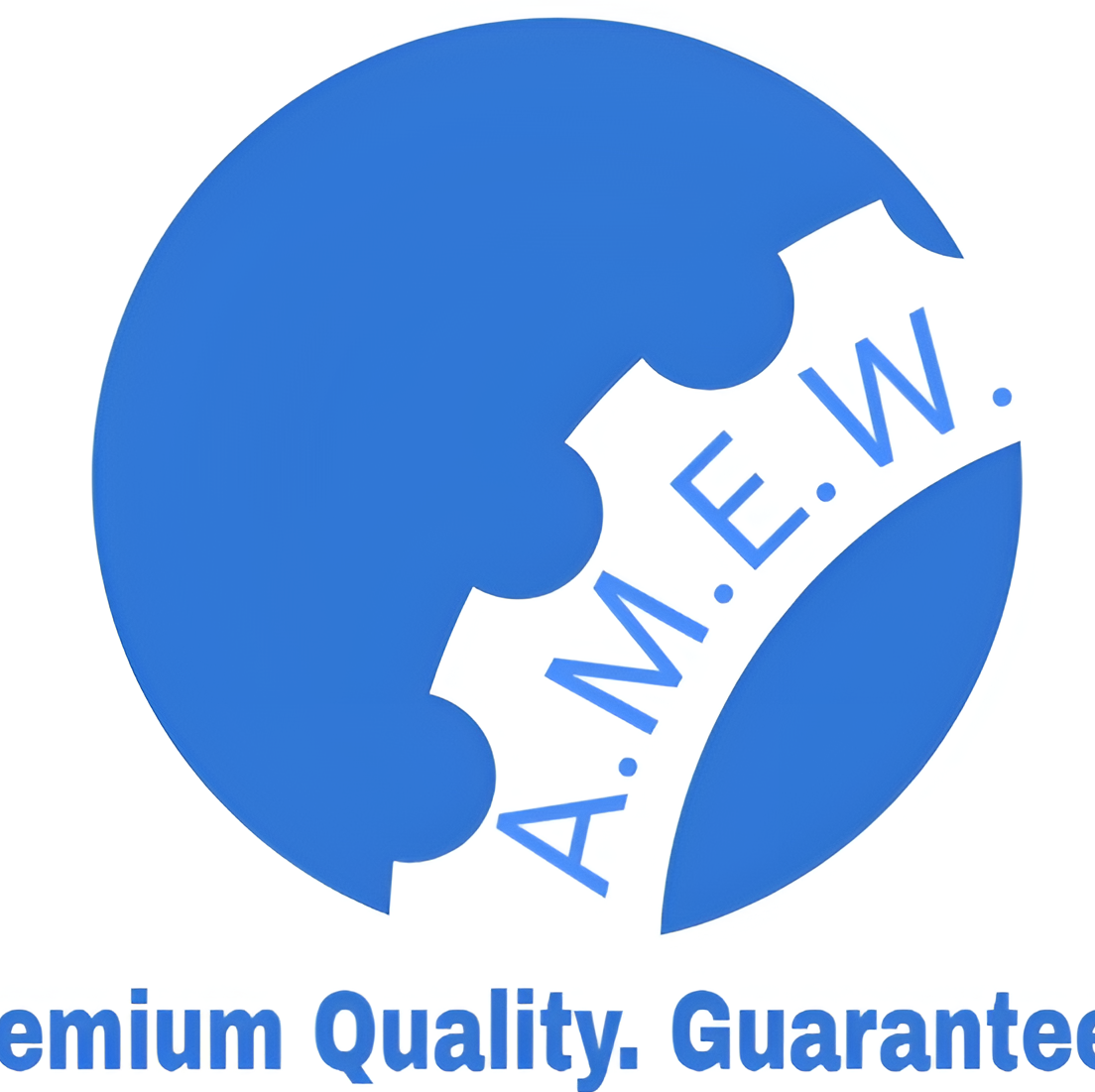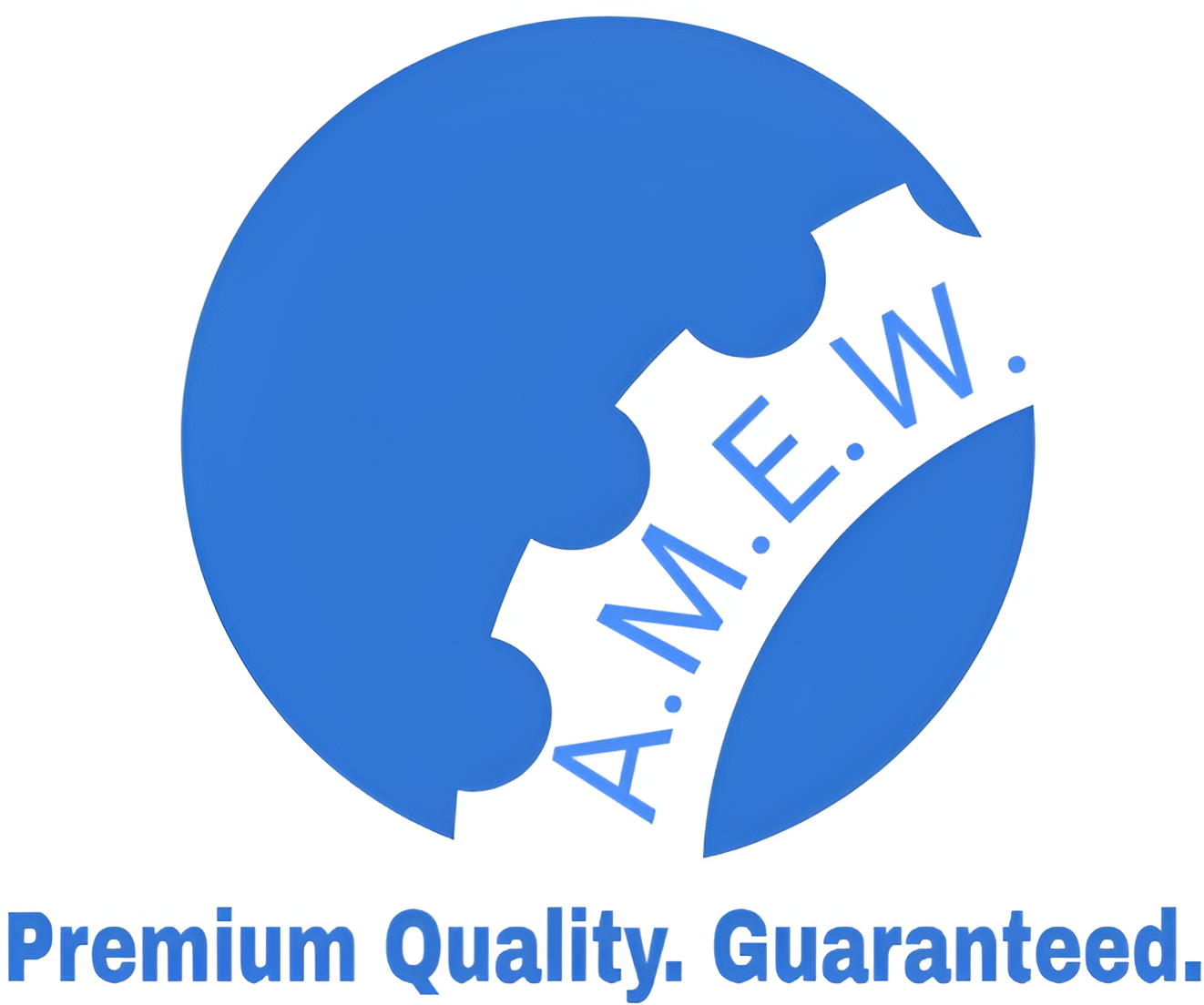Understanding MS Round Pipes
MS (Mild Steel) round pipes are an integral part of various industries, serving as foundational components in construction, automotive manufacturing, and infrastructure projects. They are celebrated for their durability, cost-effectiveness, and versatility, making them a go-to choice for professionals worldwide. This blog explores everything you need to know about MS round pipes, from their manufacturing process to their applications and future trends.
What Are MS Round Pipes?
MS round pipes are hollow, cylindrical structures made of mild steel. Known for their high tensile strength, they are used in applications where structural stability is crucial. Mild steel, a type of carbon steel with low carbon content, offers an excellent balance between flexibility and strength, making it easier to manufacture and weld into various shapes.
Key Uses and Importance
MS round pipes are indispensable in several industries. Below are some of their primary applications:
- Construction: Used as scaffolding, structural supports, and reinforcements in buildings and bridges.
- Automotive: Integral to vehicle frames, exhaust systems, and other automotive components.
- Infrastructure: Found in water distribution systems, gas pipelines, and sewage networks.
Their versatility and durability make them essential for projects requiring both reliability and precision.
How Are MS Round Pipes Manufactured?
The manufacturing process of MS round pipes involves multiple stages designed to ensure strength, precision, and quality.
Step 1: Preparation of Raw Materials
The process begins with high-quality mild steel sheets or strips, sourced based on required specifications like thickness and tensile strength. The raw material undergoes inspection to ensure it meets predefined standards.
Step 2: Pipe Shaping
Using advanced roll-forming technology, the steel sheets are shaped into a cylindrical form. The edges are then welded together, typically through Electric Resistance Welding (ERW), to create a seamless structure. ERW is favored for its ability to produce pipes with uniform wall thickness and durability.
Step 3: Quality Control
Post-manufacturing, rigorous quality checks are conducted to ensure the pipes meet industrial standards. Dimensions, tensile strength, and weld quality are tested to guarantee reliability and safety.
Applications Across Industries
MS round pipes find utility in a variety of industries, demonstrating their versatility.
Construction
Commonly used as structural supports, MS pipes can be found in building frameworks, bridges, and temporary scaffolding. Their strength and resistance to deformation make them ideal for handling heavy loads.
Automotive Industry
MS round pipes play a critical role in manufacturing exhaust systems, chassis, and other vehicle components. Their lightweight yet durable nature ensures both performance and fuel efficiency.
Infrastructure and Utilities
Whether it’s water supply systems, gas pipelines, or wind turbines, MS round pipes are fundamental to infrastructure development. Their corrosion resistance and adaptability make them invaluable for long-term utility projects.
Advantages and Disadvantages
Like any material, MS round pipes come with their own set of strengths and limitations.
Advantages
- Cost-Effectiveness: Mild steel is relatively affordable compared to stainless steel or other alloys, making it an economical choice for large-scale projects.
- Ease of Fabrication: The low carbon content in mild steel makes it easier to cut, shape, and weld, reducing production costs and timelines.
- High Strength-to-Weight Ratio: Provides excellent structural support without adding excessive weight.
Disadvantages
- Limited Corrosion Resistance: While durable, MS pipes require protective coatings to prevent rust in high-moisture environments.
- Not Suitable for High-Stress Applications: Without reinforcement, MS pipes are less ideal for situations involving extreme temperatures or pressure.
Understanding these pros and cons helps industries make informed decisions regarding their material choices.
Types and Specifications of MS Round Pipes
MS round pipes come in various sizes and specifications, tailored to suit diverse needs.
Common Sizes and Thickness
Pipe diameters typically range from ½ inch to 12 inches, with wall thickness varying based on the application. Thicker pipes are better suited for heavy-duty tasks, while thinner options are ideal for projects prioritizing weight reduction.
Customization Options
Many manufacturers offer customization, allowing clients to specify dimensions, coatings, and tolerances to suit their specific projects. Galvanized coatings, for example, are frequently requested to enhance corrosion resistance.
Installation and Maintenance Best Practices
Proper installation and maintenance ensure the longevity and reliability of MS round pipes.
Installation Tips
- Correct Alignment: Pipes should be installed in exact alignment to avoid unnecessary stress or leakage.
- Quality Welding: Use professional-grade welding to ensure seamless connections.
- Protective Coatings: Apply anti-corrosion treatments, especially for pipes exposed to moisture or chemicals.
Maintenance Measures
- Routine Inspections: Regularly check for signs of rust, stress fractures, or wear and tear.
- Cleaning and Recoating: Periodically clean and reapply protective coatings to maintain integrity.
- Timely Repairs: Address minor defects promptly to prevent them from escalating into major issues.
Market Trends and Future Outlook
The market for MS round pipes continues to evolve, with trends focusing on innovation and sustainability.
Innovations in Manufacturing
Advanced technologies such as laser welding and 3D quality checks are improving the precision and reliability of MS pipes. Additionally, the push toward automation is streamlining production, reducing costs, and enhancing quality.
Sustainability Focus
With an increasing emphasis on eco-friendly practices, manufacturers are exploring ways to make MS round pipes more sustainable. Recycling programs and the use of eco-conscious coatings are gaining traction.
Increasing Demand
Emerging economies are driving the demand for cost-effective materials in infrastructure and construction, solidifying the market for MS round pipes as a vital resource.
Real-World Applications
Here are some notable examples where MS round pipes have played a pivotal role:
- Urban Skyscrapers: MS round pipes are integral to the structural frameworks of modern high-rise buildings, ensuring both strength and durability.
- Renewable Energy Projects: From wind turbines to solar panel mounts, MS pipes are contributing to a more sustainable future.
- Industrial Facilities: Large-scale factories and warehouses utilize MS pipes for robust frameworks and utility systems.
These real-world applications underline the reliability and versatility of MS round pipes.
Why MS Round Pipes Are Essential for Modern Projects
MS round pipes are a fundamental component of modern industrial and infrastructure projects. Their versatility, durability, and cost-effectiveness make them indispensable in various applications, from construction to utilities. With advancements in manufacturing and a growing emphasis on sustainability, MS round pipes are poised to remain a key player in diverse industries for years to come.
Whether you’re embarking on a construction project or optimizing industrial systems, MS pipes are a durable and reliable choice. Considering incorporating MS pipes into your next project? Explore options with trusted manufacturers to ensure you get the highest quality materials tailored to your needs.

